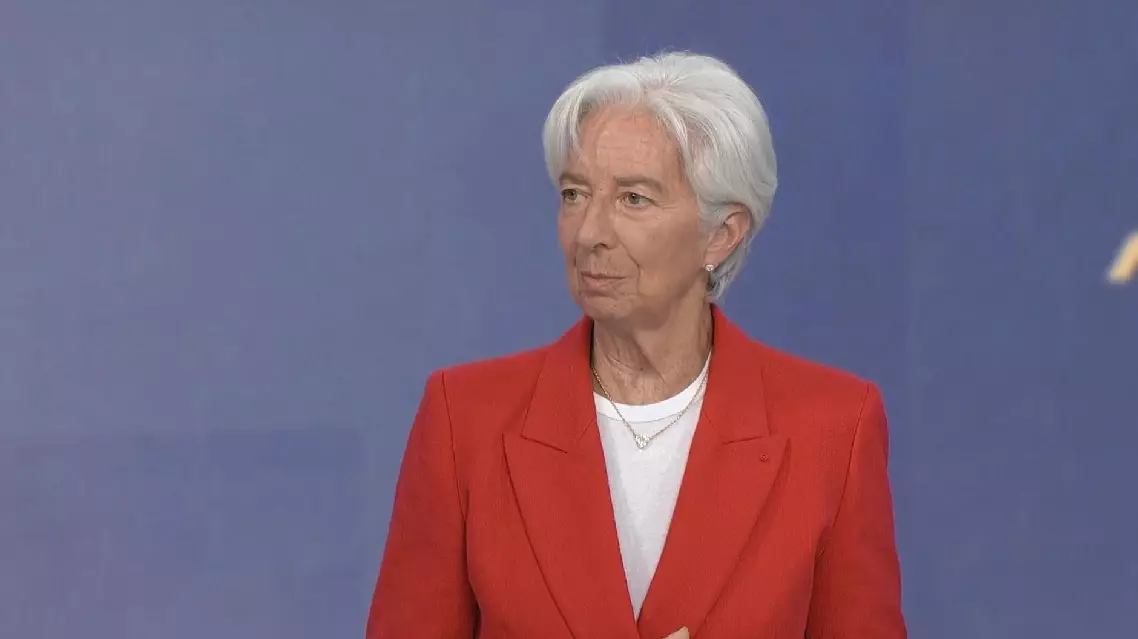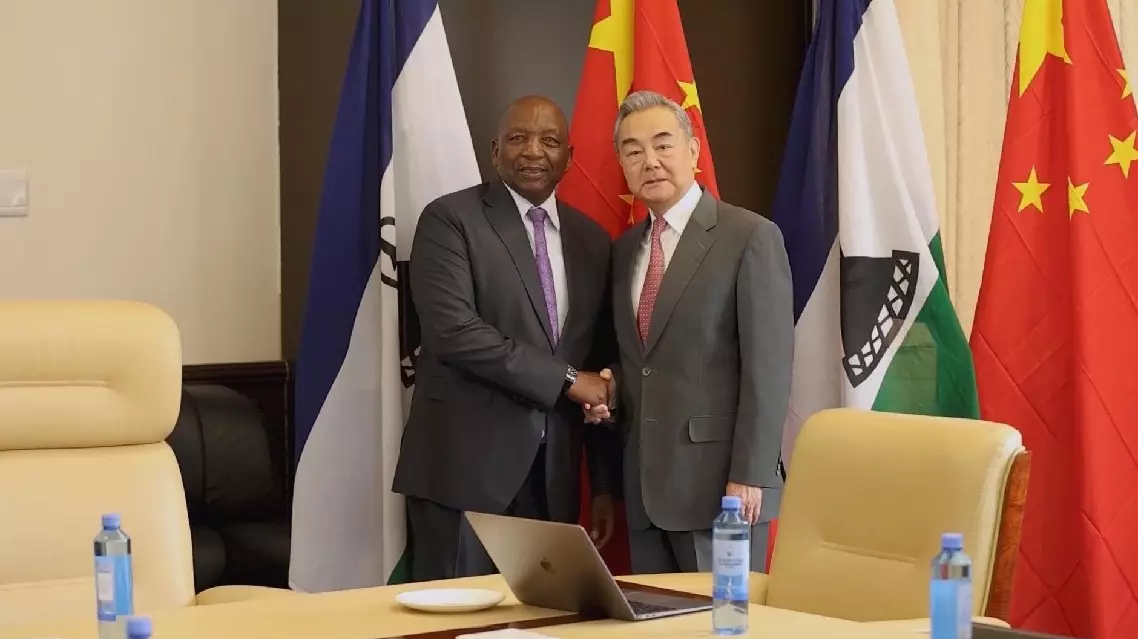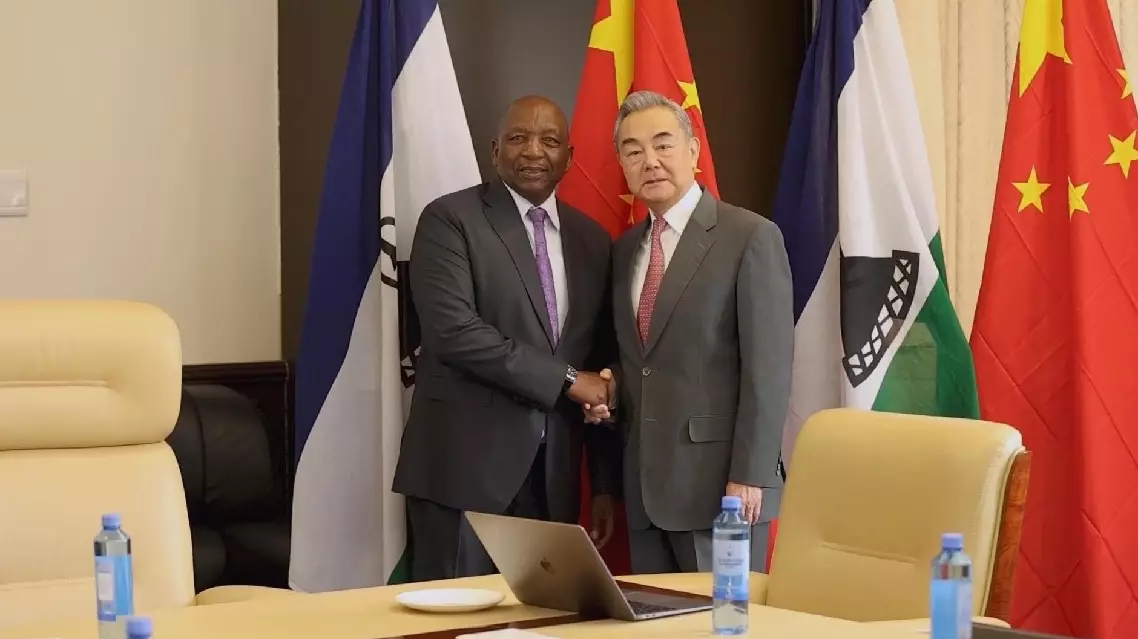European Central Bank President Christine Lagarde called on the European Union and China to deepen understanding and trust to cultivate better economic and trade relations, and expected the financial institutions of both sides to enhance cooperation.
During her visit to China, China Global Television Network (CGTN) conducted an exclusive interview with Lagarde in Beijing on Thursday, covering topics including economic relations, challenges, and cooperation.
Data from the Ministry of Commerce of China showed that the EU investment in China increased by 11.7 percent in the first quarter of this year, while the recent survey of the European Chamber of Commerce in China also suggested improved sentiment.
Lagarde said that the growth in investment indicated an enhanced confidence in China's development, and she expected that the two side will further deepen mutual understanding so that these investments could be effectively utilized and generate returns.
"Cross investment means a stronger commitment to a particular country because you actually put your money in the country, you invest and you expect the return of that investment. And I'm very pleased to hear what you have mentioned about the European Chamber of Commerce and the results of those surveys. And I think it needs to be cultivated. We need to all make sure that those investments are safe and secure, that the return on investment is safe and secure and is not under threat. We need to have a good understanding of those areas that are of high value for security purposes, for instance, on both sides, and to have a good understanding of it between us," she said.
The ECB chief highlighted China's remarkable progress in the digital currency sector, expressing the hope that Chinese and European financial institutions would continue to share know-how and collaborate to advance the development of central bank digital currencies (CBDCs).
"It's an area where I think PBOC (People's Bank of China) and ECB have a lot to share and to discuss and to progress. China was ahead of its time with the digital renminbi. And we started that work about six years ago. Now China was ahead of us. It's an area where we are determined to make progress, where we think that it is going to strengthen our autonomy, our security, it will provide a European alternative to what we have available at the moment. And I think we can learn from each other a lot. So we have for a long time discussed and cooperated and will continue to do so in relation to CBDC in particular," said Lagarde.
As part of her China tour, Lagarde and PBOC governor Pan Gongsheng signed a memorandum of understanding on cooperation in the field of central banking, including a framework for the regular exchange of information, dialogue and technical cooperation between the two institutions.
Lagarde noted that China's technological development had made a deep impression on her. She also praised China's rapid development, describing it as "inspiring" in the face of common challenges.
"I think we're facing the same challenges. I think we are recording a reasonably good growth number for the first half of [20]25 because of the buildup of inventory by people in the trade. So I think we'll have to be attentive to what happens in the second half of 25. But more substantively and for the longer term, I'm really impressed by the combination of robotic artificial intelligence, the continued hard work by the Chinese people. So I think the three combined and the way in which you are moving as fast as you do from innovation to product to market is quite inspiring," she said.

ECB chief welcomes growth in China-EU cross investment, eying further cooperation










